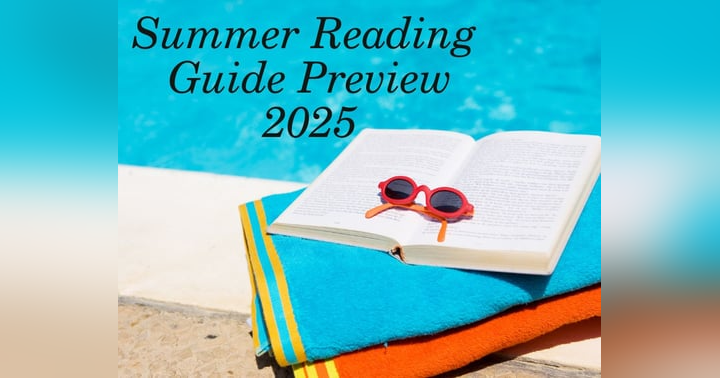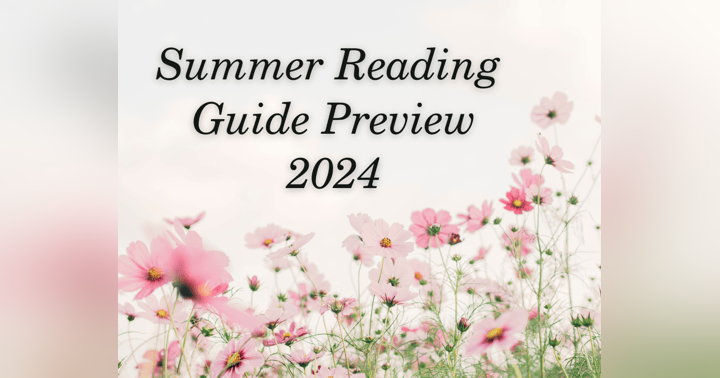
Anna Salton Eisen’s new book Pillar Of Salt: A Daughter’s Life in the Shadow of the Holocaust published on April 26, 2022. Anna was a founding member and the first president of Congregation Beth Israel in Colleyville, Texas. She has conducted extensive research into the Holocaust and spoken on that topic to school and community groups. She served as a docent for the Dallas Memorial Center for Holocaust Studies (now the Dallas Holocaust and Human Rights Museum) and conducted Holocaust survivor interviews for the USC Shoah Foundation. Anna is an Ambassador to #everynamecounts, a digital initiative of the Arolsen Archives, the world's most comprehensive archive on the victims and survivors of Nazi persecution. A licensed social worker, Salton Eisen formerly practiced as a therapist, specializing in mental health and trauma.
Synopsis of Pillar Of Salt: A Daughter’s Life in the Shadow of the Holocaust from the publisher:
As the daughter of Holocaust survivors, Anna Salton Eisen's memoir, Pillar of Salt: A Daughter's Life in the Shadow of the Holocaust, breaks down the barrier of silence that was intended as a protective shield for her parents and their children. From early childhood, Anna, as a second-hand witness to the Holocaust, felt overwhelmed by the unspoken but ever-present trauma of her parents' past. Her father, born as Lucjan Salzman, survivor of ten different concentration camps, is enveloped in impenetrable grief and his history encased in secrecy. But Anna is determined to look backwards, breaking through her father's reticence to confront the unspoken terrors of the past. The entire Salton family embarks on a journey through Poland unlocking a history sealed in silence and buried by time. The Salton family's quest takes them to the towns where Anna's parents lived as children under Nazi occupation. The family returns to the ghetto where a 15-year-old Lucjan experienced his first selection and bid farewell to his parents before they were herded into a boxcar and sent to their deaths at the Belzec concentration camp. They continue their travels through the picturesque Polish countryside, still pockmarked by the remnants of former concentration camps and a spattering of Holocaust memorials. By the end of her odyssey, Anna acquires a new understanding of her legacy as a child of Holocaust survivors and how trauma is revisited upon subsequent generations. By revisiting those places of trauma with her father as her guide, Anna Salton Eisen's tour of terrors provide her with a new understanding of how her identity has been shaped under the shadow of the Holocaust. Anna confides that by looking back like Lot's wife, and by taking in the whole story, "I could carry the pain of the Holocaust and find there is more to me than a pillar of salt."
Anna answers some questions that I posed to her about A Pillar Of Salt: A Daughter’s Life in the Shadow of the Holocaust:
1. What inspired you to start writing Pillar of Salt: A Daughter’s Life in the Shadow of the Holocaust?
I am a child of Holocaust survivors and grew up in a home where my parents never spoke about the past. I knew nothing about the concentration camps or why my father had no family. When I was about 8 or 9 years old, I came across two watercolor paintings by accident that showed terrible scenes of the Holocaust. It was years later that I would discover these were painted by my father who had been in ten concentration camps from ages 14-17 in Poland, Germany, and France. This was the start of my journey to discover my parents’ past, which I wanted to claim as my own. I studied what few books were available, became a docent in a Holocaust Museum when I moved to Dallas, Texas and eventually confronted my father and asked him to share his story. We traveled as a family to Poland, to the sites of Holocaust memorials, concentrations camps, the city where he had been in the ghetto, to his hometown and even into his boyhood home. This trip had a tremendous impact on my life. I grew closer to my father and helped him write his Holocaust memoir, The 23rd Psalm. Years later, I recorded my own Holocaust journey. I felt compelled to preserve the truth of the Holocaust and not let it fade into silence. I wanted to share my experience with the hope that it might inspire others to fight hate and remind us that we are all of one humanity and it is our actions that drive our destiny.
2. What kind of research did you have to do?
The book chronicles a trip I took with my family to Poland. I had to use my father’s testimony to tell readers about his past experiences during the war, video footage from the trip to verify details, and then share stories of how I revisited these places with my father as my guide. I tried to incorporate some of the history of these places to provide context and that required a lot of research from books, Holocaust museums, and other sources to provide an accurate and clear understanding of this unmatched time in human history.
3. What do you hope your readers take away from your book?
The Holocaust was an horrific 12-year period that involved more than 20 nations and resulted in the death of millions of people. After reading this memoir, my hope is that the reader will see this time in history through the eyes of one family. I meant for it to be a personal story, of my father’s suffering and survival and how the secrets he kept created a wall between us that I was compelled to tear down, even if the pain he would eventually share would at times break my heart. I also hope readers see how we can all find connections to our family stories and these, even if painful, can be enriching and allow us to connect with others. My father and I were both changed and challenged by the past, but we also discovered along the journey how love, understanding, and kindness can be the paths to healing.
4. Share something your readers wouldn’t know about you.
I always had a great admiration for the American military and especially the 82nd Airborne that liberated my father from the concentration camps. My father was very patriotic and after the war he came to the United States and served in the US Army. As an adult, I became a volunteer for the USO and got tremendous meaning and satisfaction being able to give back to soldiers and felt my heart stir every time I got to thank them for their service which meant so much to my father and my family. After volunteering and helping with soldiers who had been wounded or had PTSD I decided to return to graduate school and earn my Master’s in Social Work. I spent several years leading up to the writing of my book working in mental health in an inpatient hospital where I tried to help those who were suffering and who often felt without hope and alone. My father’s struggles during the Holocaust and his stories of how others helped him to survive and not lose hope inspired me to help others.
5. What are you reading now and what have you read recently that you loved?
Right now, I am reading Antisemitism: Here and Now by Deborah Lipstadt. My Rabbi and friends were taken hostage in the synagogue I co-founded, Congregation Beth Israel, in Colleyville, Texas this past January, and I was Deborah Lipstadt’s guest in February at her Senate confirmation hearing to become the US Envoy to Combat and Monitor Antisemitism. Recently I have read A Brief Stop on the Road from Auschwitz by Göran Rosenberg whose father was with mine in several concentration camps and they were liberated together. His father ended up taking his own life and the story of a son’s search for his family history was touching and something I could relate to.
Order Pillar of Salt from Bookshop.org.


























